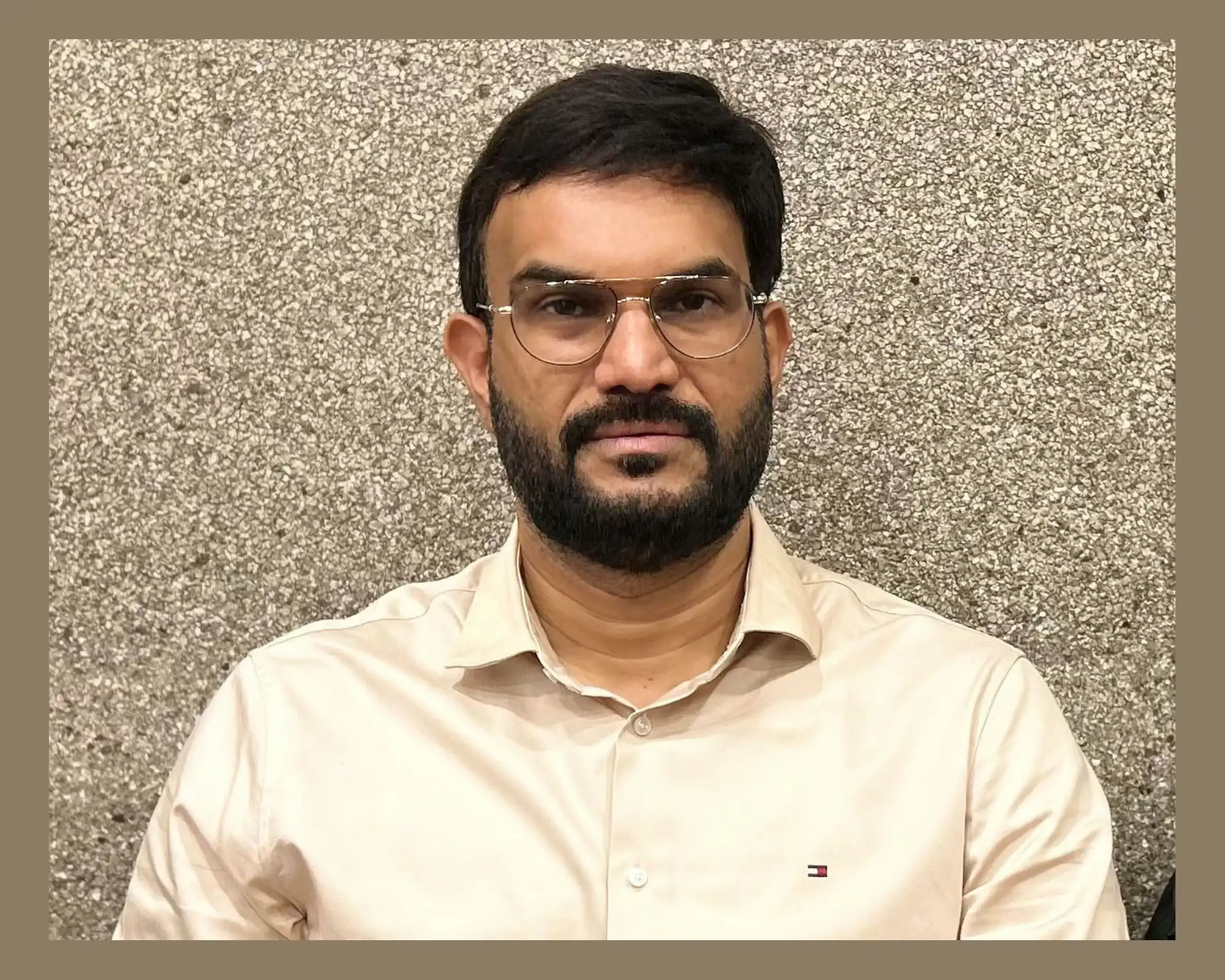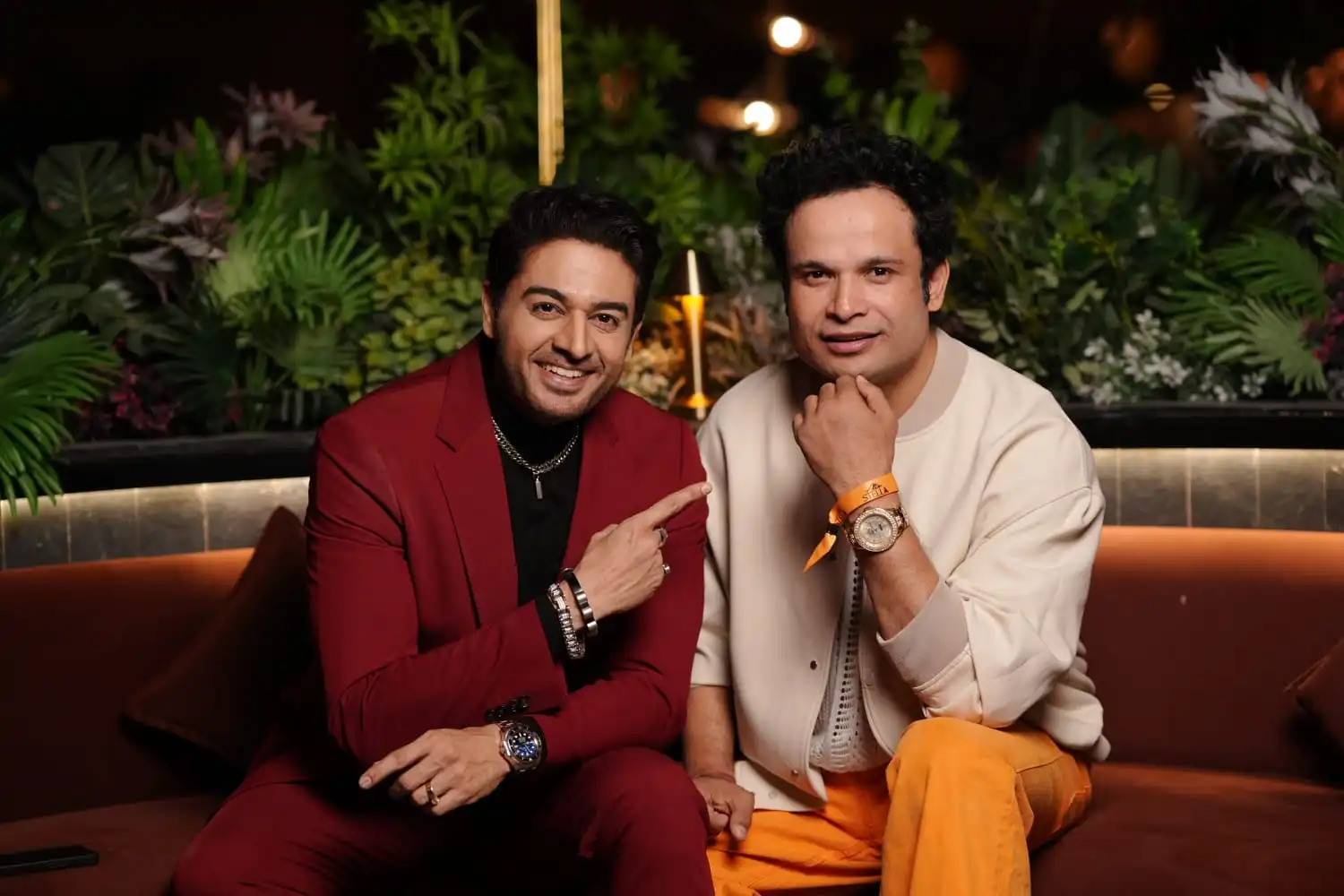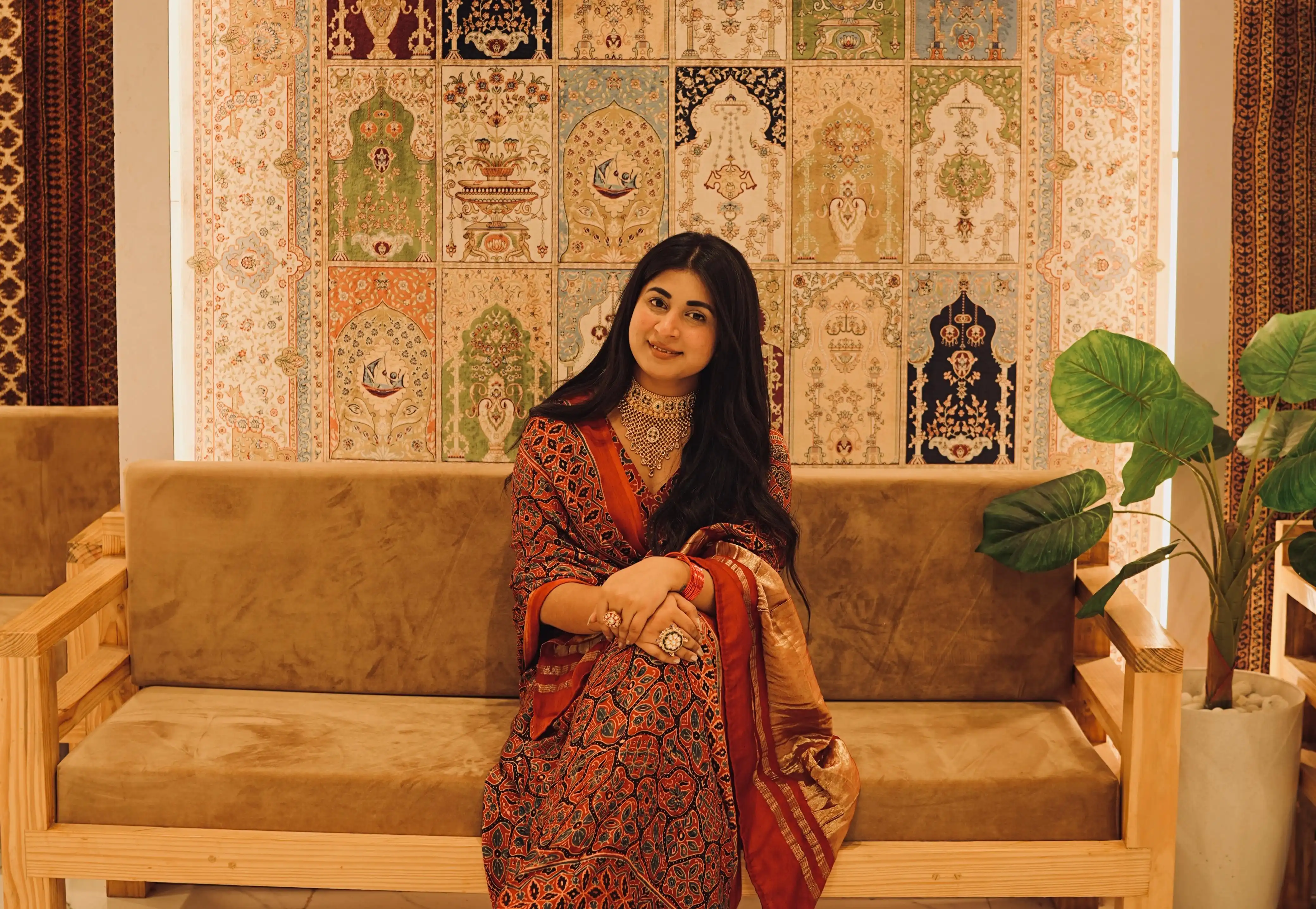In a world characterized by relentless consumerism and rapid technological advancements, millennials are increasingly turning towards minimalism as a way to redefine luxury. This shift isn’t just a fleeting trend; it represents a profound change in values and priorities that aligns with a more intentional and conscious way of living. As a millennial myself, I’ve observed firsthand how this movement is reshaping our understanding of luxury and impacting various facets of modern life.
The Rise of Minimalism
Minimalism, at its core, is about simplifying life by focusing on what truly matters. It involves decluttering physical spaces, reducing material possessions, and prioritizing experiences over things. For millennials, who grew up in an era of unprecedented consumerism and digital saturation, minimalism offers a counter-narrative to the cluttered and overstimulated world they inhabit.
The appeal of minimalism among millennials can be traced back to several key factors:
1. Environmental Consciousness: Millennials are acutely aware of the environmental impact of their consumption habits. With increasing concerns about climate change, waste management, and resource depletion, minimalism offers a way to reduce one’s ecological footprint. By embracing a lifestyle that values quality over quantity, millennials are making more sustainable choices and supporting eco-friendly brands.
2. Financial Prudence: The economic challenges faced by millennials, including student debt, high living costs, and uncertain job markets, have fostered a more frugal mindset. Minimalism allows for a more budget-conscious approach to living, where fewer, higher-quality purchases replace numerous, lower-quality ones. This shift not only helps in managing finances better but also in investing in long-term value rather than transient trends.
3. Mental Clarity and Well-being: The fast-paced nature of modern life often leads to mental and emotional overload. Minimalism provides a remedy by creating serene, organized spaces that promote mental clarity and reduce stress. For millennials, who are increasingly prioritizing mental health and well-being, the minimalist lifestyle offers a path to a more balanced and fulfilling life.
Redefining Luxury
Traditionally, luxury was associated with opulence, excess, and exclusivity. It was about owning high-end items and showcasing wealth through material possessions. However, as millennials embrace minimalism, luxury is being redefined in more nuanced and personal terms.
1. Experiential Over Material: For millennials, luxury is less about owning expensive items and more about having meaningful experiences. This shift is evident in the growing popularity of travel, unique dining experiences, and immersive cultural activities. Millennials value experiences that enrich their lives and create lasting memories, often opting for well-curated, enriching experiences over flashy, temporary possessions.
2. Craftsmanship and Quality: In the minimalist ethos, luxury is about appreciating well-made, timeless pieces that stand the test of time. Millennials are gravitating towards products that emphasize craftsmanship, durability, and authenticity. Whether it’s a high-quality piece of clothing, a meticulously crafted piece of furniture, or artisanal food products, the focus is on value and longevity rather than fleeting trends.
3. Personalization and Customization: The millennial approach to luxury includes a strong desire for personalization. Tailored experiences and customized products reflect individual tastes and preferences, offering a sense of exclusivity and personal connection. This trend is evident in the rise of bespoke fashion, personalized skincare routines, and custom home décor, all of which cater to the desire for unique and meaningful luxury.
4. Ethical and Sustainable Luxury: Luxury for millennials increasingly involves ethical considerations. There is a growing demand for brands that operate transparently, engage in fair trade, and practice environmental stewardship. Millennials are willing to pay a premium for products that align with their values, supporting companies that contribute positively to society and the planet.
The Impact on Various Sectors
The minimalist movement is influencing multiple sectors beyond fashion and consumer goods:
1. Retail and Consumer Goods: Retailers are responding to the demand for minimalism by curating more streamlined and purposeful product selections. Brands are focusing on offering high-quality, versatile products that appeal to the minimalist mindset. The rise of direct-to-consumer models also supports this trend by providing transparency and fostering a more personal connection between brands and consumers.
2. Home Design and Décor: The minimalist aesthetic is transforming interior design, with an emphasis on clean lines, functional spaces, and a decluttered approach. Home décor trends now prioritize simplicity, natural materials, and thoughtful design elements that create serene and harmonious living environments.
3. Technology and Digital Spaces: Even in the digital realm, minimalism is making its mark. User interfaces are becoming more intuitive and uncluttered, focusing on enhancing user experience through simplicity. Apps and digital platforms are adopting minimalist designs that reduce visual noise and improve functionality.
4. Travel and Leisure: The travel industry is witnessing a shift towards experiences that offer authenticity and connection. Millennials are seeking out destinations and activities that provide genuine cultural experiences and opportunities for personal growth, rather than just luxurious amenities.
In my own journey, embracing minimalism has transformed my perspective on what constitutes true luxury. It has led me to prioritize experiences over possessions, invest in quality rather than quantity, and seek out products and experiences that resonate with my values. The minimalist lifestyle has not only simplified my surroundings but also enriched my life in profound ways.
As millennials continue to drive the minimalism movement, it is clear that luxury is evolving to reflect a more thoughtful and intentional approach to living. The emphasis on quality, authenticity, and meaningful experiences is reshaping our understanding of what it means to live well. By embracing minimalism, millennials are not just redefining luxury; they are forging a path towards a more sustainable, fulfilling, and mindful way of life.
(This article is authored by Vikram Kankaria, Co-Founder and CEO of Fashor, one of India’s fastest-growing fashion brands.)




